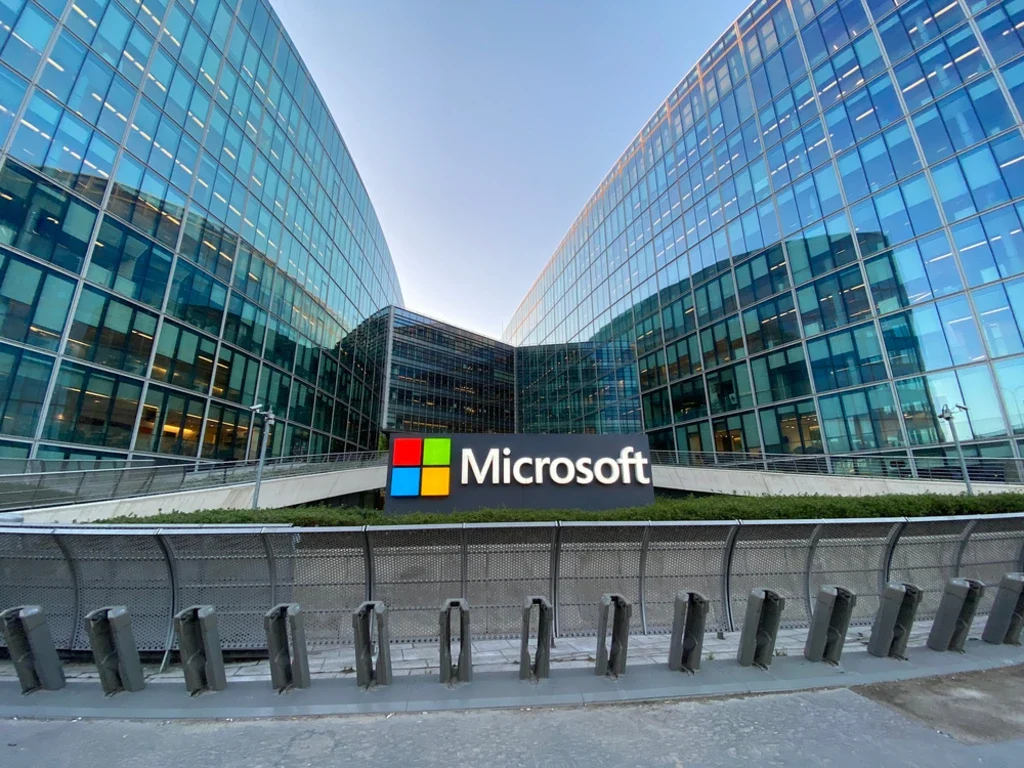
Developers at Microsoft were dismissed and replaced with the same AI systems
In May 2025, Microsoft announced the layoff of approximately 6,000 employees, representing about 3% of its global workforce. This move is part of a broader strategic shift towards integrating artificial intelligence (AI) into its core operations. Notably, a significant portion of those affected were software engineers and developers, highlighting the profound impact AI is having on traditional tech roles

The Rise of AI in Software Development
Microsoft’s investment in AI has led to tools like GitHub Copilot, which assists in code generation. CEO Satya Nadella mentioned that AI now contributes to 20-30% of the company’s codebase. This increased reliance on AI has reduced the demand for human coders, leading to workforce reductions.
Impact on Employees
The layoffs have affected both seasoned professionals and newer employees. For instance, Gabriela de Queiroz, Microsoft’s Director of AI for Startups, was among those let go. Additionally, a Reddit post by the spouse of a 25-year Microsoft veteran highlighted the impersonal nature of the layoffs, stating that the decision was made by a computer algorithm.

Ethical Considerations
The use of algorithms in layoff decisions has raised ethical concerns. Critics argue that relying on AI for such critical decisions can be dehumanizing and may overlook individual contributions and circumstances. This approach has sparked debates about the role of AI in human resource management.
Broader Industry Implications
Microsoft’s actions reflect a larger trend in the tech industry, where companies are increasingly adopting AI to streamline operations. While this can lead to increased efficiency, it also poses challenges for the workforce. As AI continues to evolve, there is a growing need for professionals to adapt by acquiring new skills relevant to the changing landscape.
Looking Ahead
The integration of AI into various aspects of business operations is reshaping the employment landscape. While AI offers numerous benefits, it also necessitates a reevaluation of workforce strategies and ethical considerations. As companies like Microsoft lead the way, the tech industry must balance innovation with responsibility to ensure a sustainable future for all stakeholders.








